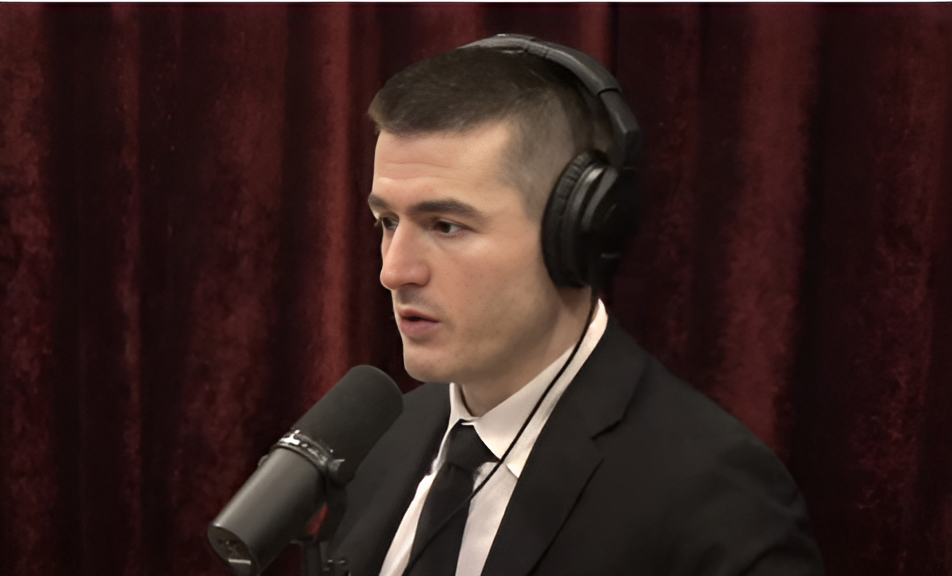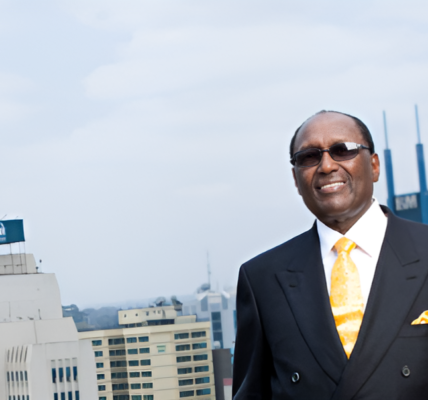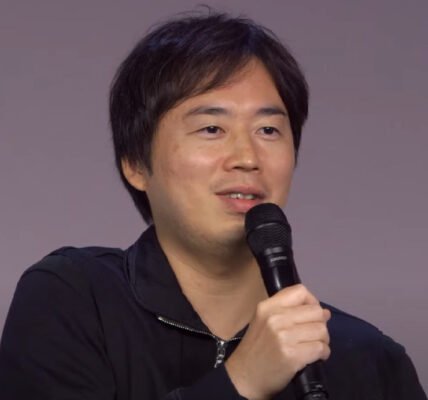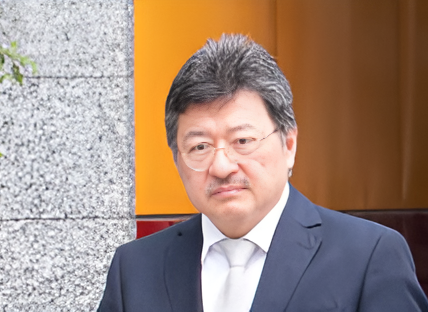Early Life and Education
Lex Fridman was born on August 15, 1983, in Chkalovsk, Tajik Soviet Socialist Republic (now Tajikistan). He grew up in Moscow, Russia, before his family relocated to the United States in the aftermath of the Soviet Union’s collapse. Fridman is of Jewish heritage, and his father, Alexander Fridman, is a plasma physicist and professor at Drexel University. His brother, Gregory Fridman, has also served as a professor at Drexel.
After moving to the U.S., Fridman attended Neuqua Valley High School in Naperville, Illinois. He later enrolled at Drexel University, where he earned a Bachelor of Science (B.S.) and Master of Science (M.S.) in Computer Science in 2010. He continued his academic journey at Drexel, completing a Ph.D. in Electrical and Computer Engineering in 2014. His dissertation, titled “Learning of Identity from Behavioral Biometrics for Active Authentication,” focused on using artificial intelligence to study identity authentication on computers and mobile devices. His doctoral advisors were Moshe Kam and Steven Weber.

Academic and Research Career
Following his Ph.D., Fridman briefly joined Google in 2014 to continue his research in AI-based identity authentication but left after six months, citing a preference for the “chaos of research and the academic environment.” In 2015, he joined MIT’s AgeLab, where he worked on research related to driver behavior using psychology and big-data analytics.
In 2019, Fridman published a controversial study on Tesla’s Autopilot system, concluding that drivers remained attentive while using the technology. The study was not peer-reviewed and was criticized for its methodology, sample size, and conclusions. AI researcher Anima Anandkumar and Duke University professor Missy Cummings were among the critics, pointing out flaws in its design and questioning its scientific rigor. Despite this, Tesla CEO Elon Musk praised the study, boosting Fridman’s public profile. Following the study’s release, Fridman transitioned to an unpaid role in MIT’s Department of Aeronautics and Astronautics.
Since 2022, Fridman has worked as a research scientist at MIT’s Laboratory for Information and Decision Systems (LIDS). While he currently resides in Texas, he remains affiliated with MIT and frequently visits the campus.
The Lex Fridman Podcast
Fridman launched his podcast in 2018 under the title The Artificial Intelligence Podcast, later rebranding it to The Lex Fridman Podcast in 2020. The podcast features in-depth interviews with influential figures from a range of disciplines, including science, technology, politics, and sports. As of 2024, the podcast has attracted a significant following, with reports estimating a subscriber base of 3.6 million.
The podcast has hosted a variety of high-profile guests, including Elon Musk, Joe Rogan, Noam Chomsky, and Donald Trump. Fridman’s approach to interviews has been both praised and criticized. While some view his style as intellectually engaging and curious, others argue that he lacks journalistic detachment, often allowing controversial guests to make unchallenged statements.
One of the most widely discussed episodes occurred in October 2022, when Kanye West appeared on the podcast. During the interview, West made a series of incendiary and false claims about Jewish people and the Holocaust. Fridman, himself Jewish, attempted to challenge West’s statements while maintaining a composed and empathetic tone. Following the interview, Fridman defended his approach, emphasizing the importance of tough but open conversation.
Public Perception and Criticism
Fridman’s podcast has been both celebrated and critiqued by various public figures and media outlets. MIT physicist Frank Wilczek has praised Fridman for making scientific discussions more accessible, while MIT LIDS director Sertac Karaman has commended his research contributions. However, some academics and journalists have raised concerns about his lack of critical engagement with guests, particularly those with controversial views.
Journalist Helen Lewis of The Atlantic criticized Fridman for not maintaining journalistic neutrality, pointing to his interviews with personal friends such as Ivanka Trump and Jared Kushner. Nathan J. Robinson of Current Affairs noted that Fridman’s guest list tends to feature more right-leaning figures, questioning whether his supposed neutrality results in a lack of balanced discourse.
A 2023 article by Elizabeth Lopatto in The Verge described Fridman as a “softball interviewer,” while Haaretz journalist Ben Samuel argued that he failed to challenge Israeli Prime Minister Benjamin Netanyahu during their conversation. In 2024, Bloomberg reported that tech CEOs see Fridman’s podcast as a friendlier alternative to more adversarial mainstream interviews.
Personal Life
Fridman currently resides in Austin, Texas. Despite his move, he maintains ties with MIT, continuing his research and podcasting work while traveling frequently for interviews and events.





